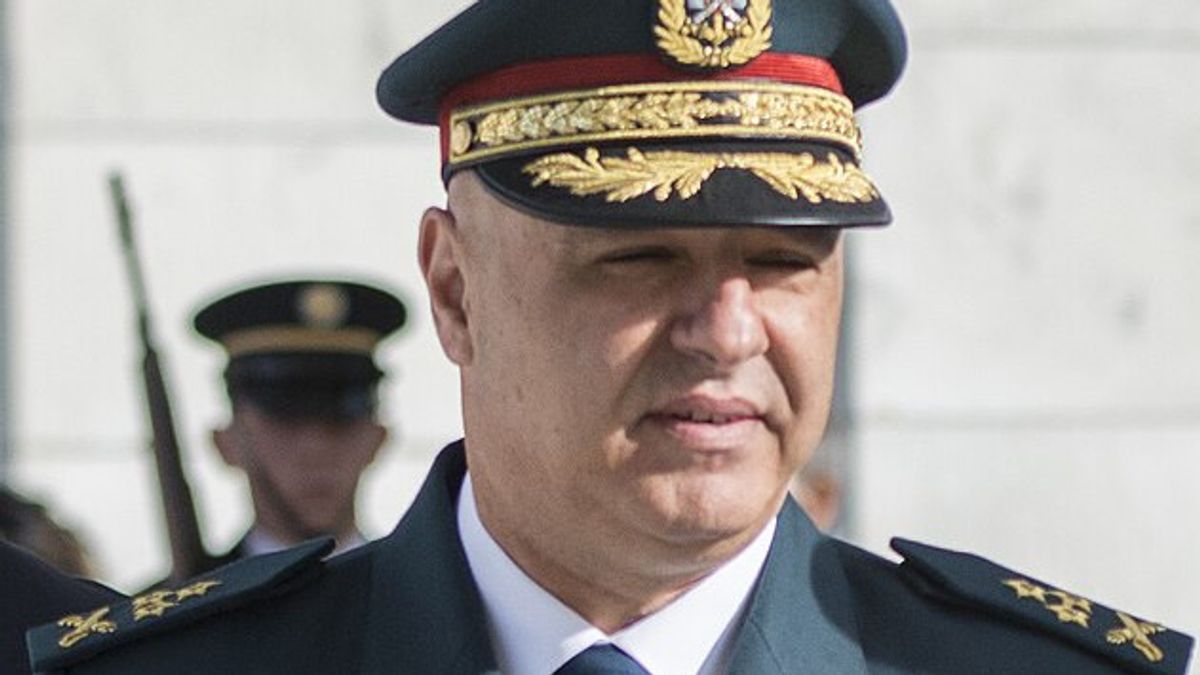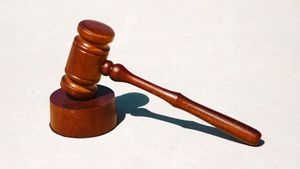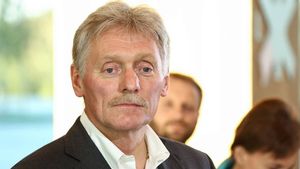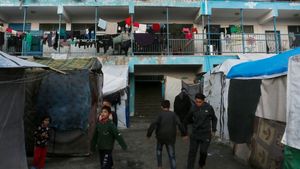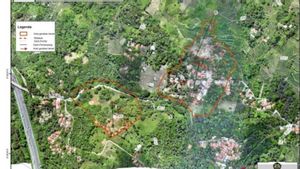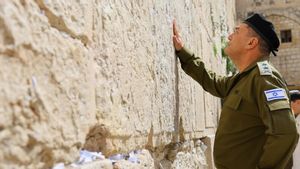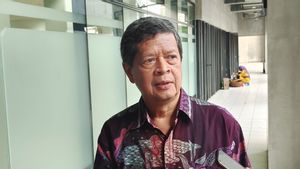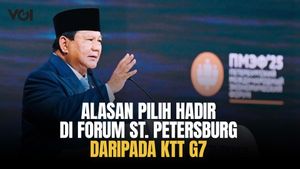JAKARTA - The Lebanese parliament elected military commander Joseph Aoun as head of state, filling the vacant presidency.
As reported by Reuters on Thursday, January 9, Aoun did not get the 86 votes needed in the first round of voting, but crossed the threshold with 99 votes in the second round, according to Parliament Speaker Nabih Berri.
Momentum was built behind Aoun on Wednesday when a candidate Hezbollah has long liked, Suleiman Frangieh, resigned and expressed support for the military commander.
In addition, the French and Saudi envoys toured Beirut, urging his election in a meeting with politicians, three Lebanese political sources said.
Sources close to the Saudi royal palace said the envoys of France, Saudi Arabia and the US had told Berri, Hezbollah's close ally, international financial assistance including from Saudi Arabia "dependent on the election of Aoun."
There is a very clear message from the international community that they are ready to support Lebanon, but it requires president, government, Michel Mouawad, a Christian lawmaker who opposes Hezbollah and chooses Aoun, told Reuters before the vote.
"We got a message of support from Saudi Arabia," he added.
The election of Aoun is the first step towards the revival of government institutions in a country that do not have a head of state or cabinet that has full authority since Aoun left his post.
Lebanon, whose economy has yet to recover from a severe financial collapse in 2019, desperately needs international support to rebuild the country after the war, which the World Bank estimates cost the country 8.5 billion US dollars.
SEE ALSO:
The Lebanese government system requires the new president to hold consultations with lawmakers to nominate Muslim prime minister Sunni to form a new cabinet, a process that is often protracted because factions exchange positions in ministries.
Aoun played an important role in supporting a ceasefire between Hezbollah and Israel brokered by Washington and Paris in November.
These requirements require the Lebanese military to be deployed to southern Lebanon when Israeli forces and Hezbollah withdraw their troops.
Aoun (60) has been the commander of the US-backed Lebanese army since 2017. Under his scrutiny, US aid continues to flow to the army, which is part of an old US policy focused on supporting state institutions to curb Hezbollah's influence.
The English, Chinese, Japanese, Arabic, and French versions are automatically generated by the AI. So there may still be inaccuracies in translating, please always see Indonesian as our main language. (system supported by DigitalSiber.id)
